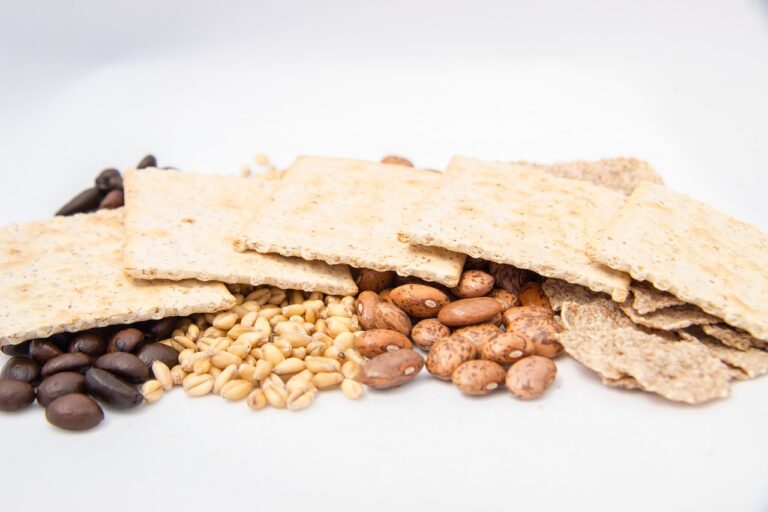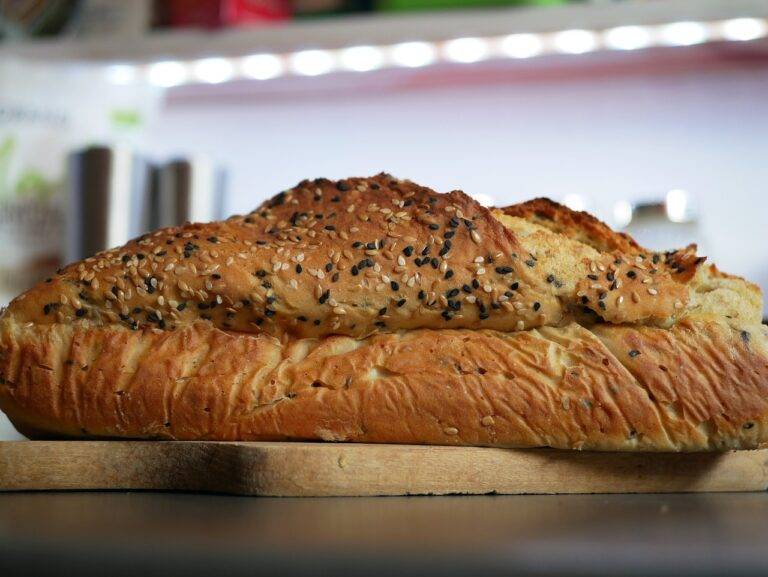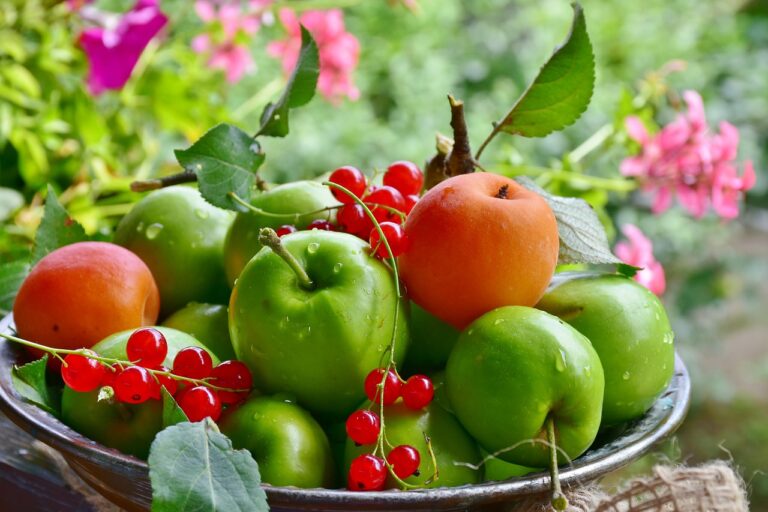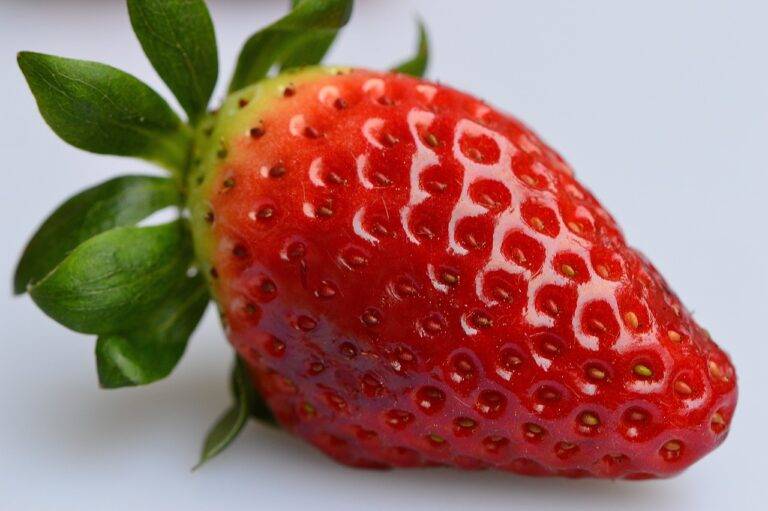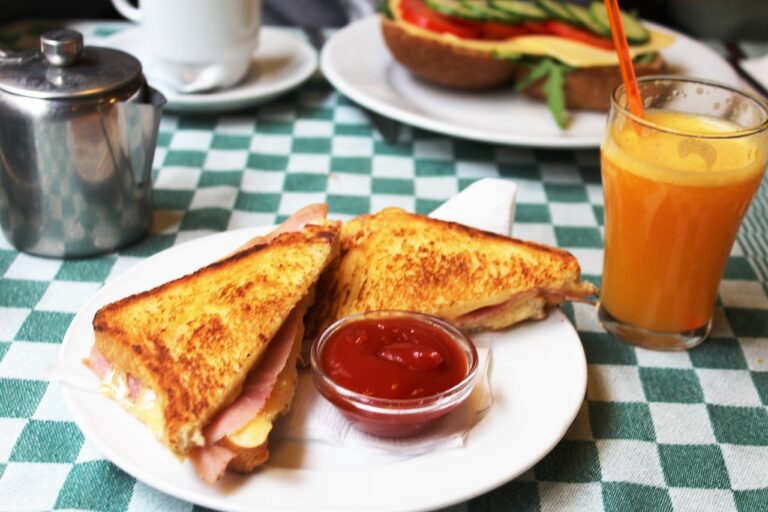The Future of Elderly Care Food Service: Sky247, Gold365 login, Gold 365 site sign up
sky247, gold365 login, gold 365 site sign up: The future of elderly care food service is an important topic that affects millions of individuals worldwide. As the population continues to age, the demand for high-quality, nutritious meals for the elderly is growing. In this blog post, we will explore the current state of elderly care food service and discuss some exciting trends and advancements that are shaping the future of this industry.
The Current State of Elderly Care Food Service
In many elderly care facilities, the quality of food can vary significantly. Some facilities may provide nutritious, well-balanced meals that meet the dietary needs of their residents, while others may serve processed, unhealthy foods that do not support optimal health. Additionally, many elderly individuals may have specific dietary restrictions or preferences that are not always accommodated in these settings.
One of the challenges in providing high-quality food service to the elderly is the cost involved. Many care facilities operate on tight budgets and may not have the resources to invest in fresh, locally sourced ingredients or skilled chefs to prepare meals. As a result, residents may be left with bland, unappetizing food that does not meet their nutritional needs.
Trends Shaping the Future of Elderly Care Food Service
Despite these challenges, there are several exciting trends and advancements that are shaping the future of elderly care food service. One of the most significant trends is the recognition of the importance of nutrition in supporting the health and well-being of elderly individuals. Research has shown that a healthy diet can help prevent chronic diseases, improve cognitive function, and enhance overall quality of life in older adults.
As a result, many care facilities are starting to prioritize nutrition and are working to provide higher quality meals to their residents. This may involve working with dietitians to develop customized meal plans, sourcing fresh ingredients from local farmers markets, or partnering with meal delivery services that specialize in senior nutrition.
Another trend that is gaining momentum in the elderly care food service industry is the use of technology to improve meal delivery and management. For example, some facilities are implementing digital ordering systems that allow residents to choose their meals online, track their dietary intake, and provide feedback on the food they receive. This can help ensure that residents are getting the foods they enjoy and that meet their nutritional needs.
Additionally, advancements in food preparation techniques and equipment are making it easier for care facilities to provide high-quality meals to their residents. For example, sous vide cooking, which involves cooking food in vacuum-sealed bags at precise temperatures, can help retain nutrients and flavors in dishes, making them more appealing to elderly individuals. Similarly, the use of smart kitchen appliances, such as ovens that can automatically adjust cooking times and temperatures, can help reduce the risk of overcooking or undercooking food for residents.
FAQs
1. What are some common dietary restrictions that elderly individuals may have?
Elderly individuals may have dietary restrictions related to health conditions such as diabetes, hypertension, or food allergies. They may also have difficulty chewing or swallowing certain foods, which can impact their ability to eat a variety of textures.
2. How can care facilities ensure that their residents are getting the nutrients they need?
Care facilities can work with dietitians to develop customized meal plans that meet the specific nutritional needs of their residents. They can also provide a variety of fresh, colorful foods that are rich in vitamins, minerals, and antioxidants to support overall health.
3. Are there any technological advancements that can help improve food service for the elderly?
Yes, there are many technological advancements that are being used to improve food service for the elderly, such as digital ordering systems, smart kitchen appliances, and meal delivery services. These technologies can help ensure that residents are getting the high-quality meals they need to thrive.
In conclusion, the future of elderly care food service is bright, with exciting trends and advancements that are improving the quality of meals provided to older adults. By prioritizing nutrition, utilizing technology, and embracing innovative cooking techniques, care facilities can ensure that their residents are getting the high-quality, nutritious meals they need to support their health and well-being.


